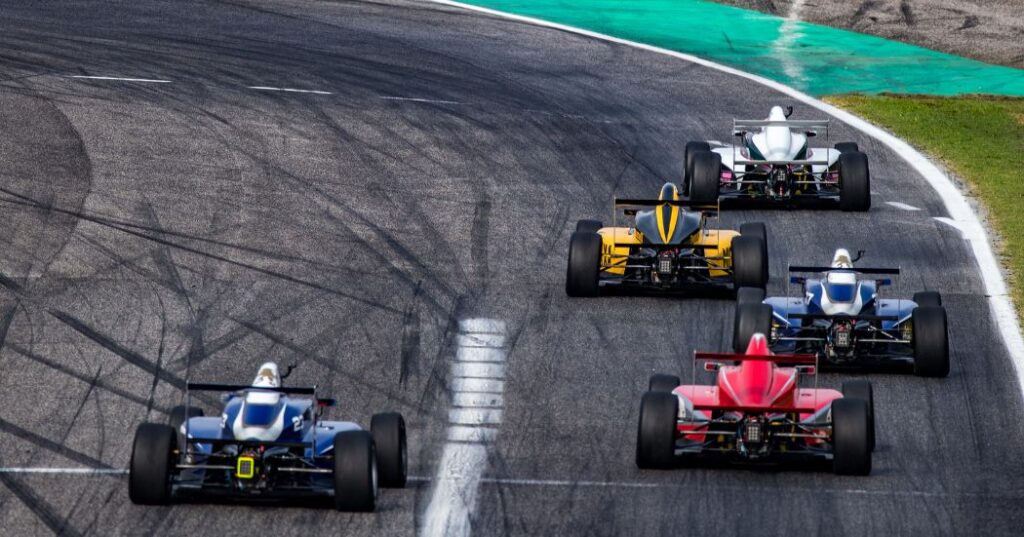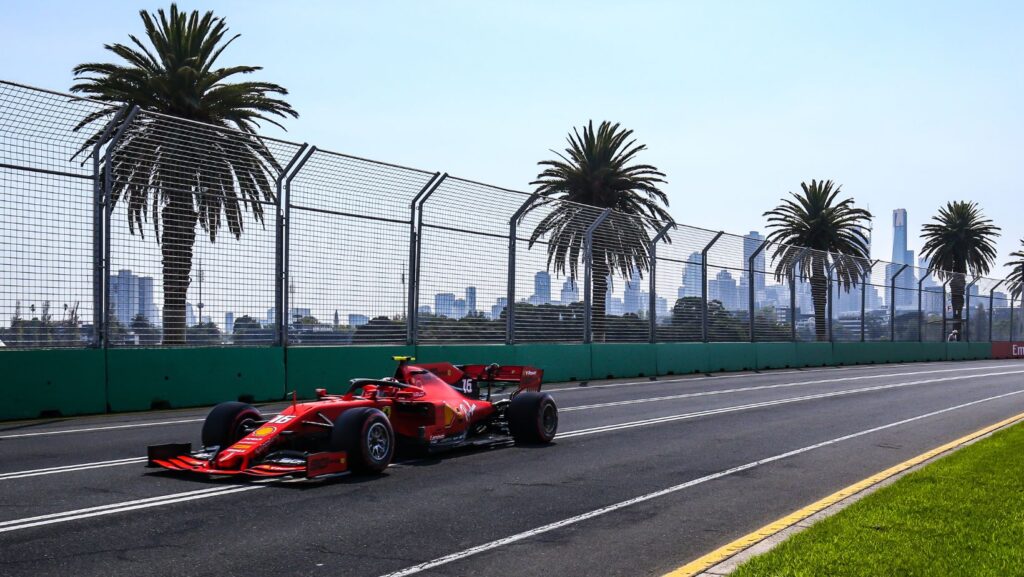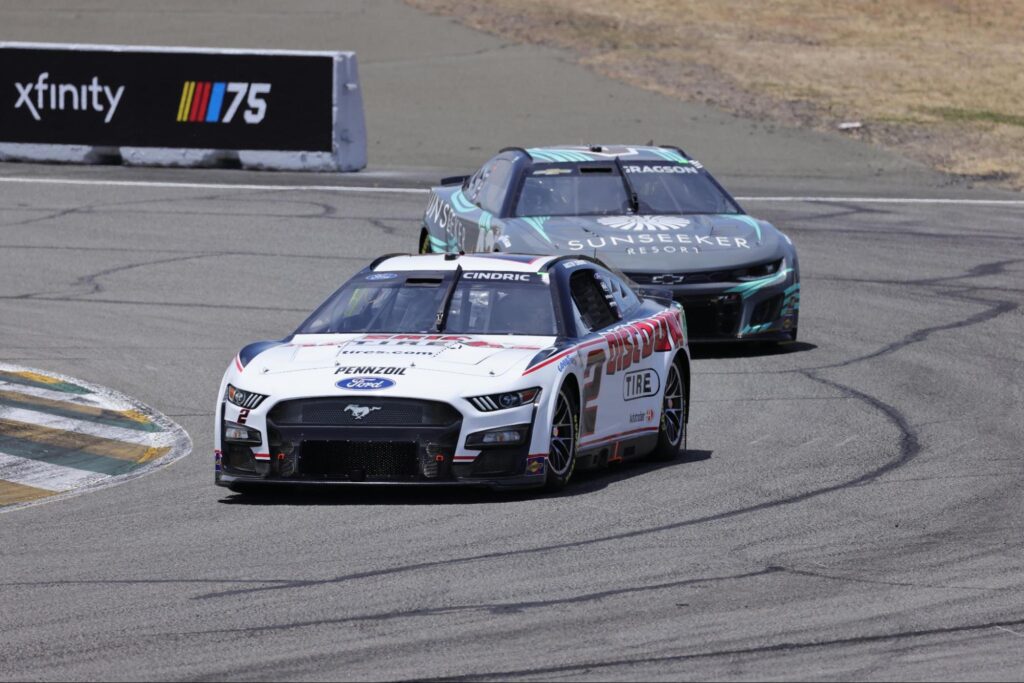In the world of high-stakes competition, two seemingly disparate realms—poker and Formula 1 racing—share a surprising number of strategic parallels. Both demand a keen understanding of risk, an ability to read opponents, and the precision to execute plans under pressure. While one unfolds on the felt of a poker table and the other on the asphalt of a racetrack, the skills required to excel in each are strikingly similar. This article investigates into the fascinating intersection of poker strategy and Formula 1 racing, exploring how the principles of one can enhance performance in the other. From the calculated risks of poker to the split-second decisions of Formula 1, discover how these two worlds collide to create a winning formula.
Mastering the Game: Strategic Parallels Between Poker and Formula 1
At first glance, poker and Formula 1 might seem worlds apart, but a closer look reveals a shared foundation of strategy and mental acuity. In poker, players must constantly assess their opponents, gauging their intentions and predicting their next moves. Similarly, Formula 1 drivers must anticipate the actions of their competitors, whether it’s a daring overtake or a defensive maneuver. Both disciplines require a deep understanding of human psychology and the ability to make quick, informed decisions based on limited information.
In poker, the concept of “pot odds” is crucial—players must weigh the potential reward against the risk of losing their stake. This principle is mirrored in Formula 1, where drivers and teams must balance the risk of aggressive strategies with the potential payoff of gaining positions or conserving resources for later in the race. Just as a poker player might decide to fold a hand to avoid unnecessary risk, a Formula 1 team might choose to pit early or conserve fuel to gain a strategic advantage.

Moreover, both poker and Formula 1 demand a high level of adaptability. In poker, the ability to adjust one’s strategy based on the changing dynamics of the game is essential. Similarly, Formula 1 drivers must adapt to evolving track conditions, tire wear, and the strategies of their competitors. This adaptability is what separates the good from the great in both arenas, as those who can pivot and adjust their approach are often the ones who come out on top.
High Stakes and Precision: How Poker Tactics Enhance Racing Techniques
The world of Formula 1 is one of high stakes and precision, where every decision can mean the difference between victory and defeat. Here, the tactics honed in poker can provide a competitive edge. GGPoker, a leading platform in the poker world, emphasizes the importance of reading opponents and making calculated decisions—skills that are equally valuable on the racetrack. Just as a poker player might bluff to mislead an opponent, a Formula 1 driver might feign a move to force a rival into a mistake.
In both poker and Formula 1, the ability to remain calm under pressure is paramount. GGPoker players are trained to maintain their composure, even when the stakes are high, and the pressure is mounting. This mental fortitude is mirrored in Formula 1, where drivers must keep their cool while navigating tight corners at breakneck speeds. The ability to stay focused and make rational decisions in the heat of the moment is a shared trait among the best in both fields.
Furthermore, the concept of “bankroll management” in poker—where players carefully manage their funds to ensure long-term success—can be applied to the resource management strategies in Formula 1. Teams must meticulously plan their use of tires, fuel, and other resources to maximize performance over the course of a race. This strategic foresight, akin to managing a poker bankroll, is crucial for achieving consistent success in the high-stakes world of Formula 1.
Betting on Innovation: E-Commerce Solutions Inspired by Poker and Racing
The strategic insights gained from poker and Formula 1 racing extend beyond the confines of the table and track, influencing innovative approaches in the world of e-commerce. Just as card games require players to anticipate and adapt to their opponents’ moves, successful e-commerce platforms must predict consumer behavior and tailor their offerings accordingly. This dynamic approach to strategy is what sets leading platforms apart in a competitive market.
In the realm of e-commerce, the lessons learned from poker and racing can inspire solutions that prioritize agility and foresight. By adopting the strategic mindset of a poker player or a

Formula 1 team, businesses can develop systems that respond swiftly to market changes and consumer demands. This proactive approach, akin to the strategic planning seen in card games and racing, is key to thriving in the fast-paced world of online shopping.
The intersection of poker strategy and Formula 1 racing offers a unique perspective on the art of competition. Both disciplines demand a blend of strategic thinking, adaptability, and mental resilience—qualities that are essential for success in any high-stakes environment. By examining the parallels between these two worlds, we gain valuable insights into the nature of competition and the skills required to excel.
As we investigate the strategic connections between poker and Formula 1, it becomes clear that the principles of one can enhance performance in the other. Whether it’s the calculated risks of poker or the split-second decisions of Formula 1, the skills honed in these arenas are transferable and invaluable. This cross-pollination of strategies not only enriches our understanding of each discipline but also highlights the universal nature of competition.
In the end, the winning formula lies in the ability to adapt, anticipate, and execute with precision. Whether you’re at the poker table, on the racetrack, or navigating the world of e-commerce, these skills are the key to success. By embracing the strategic insights from poker and Formula 1, we can unlock new levels of performance and innovation in any field.



